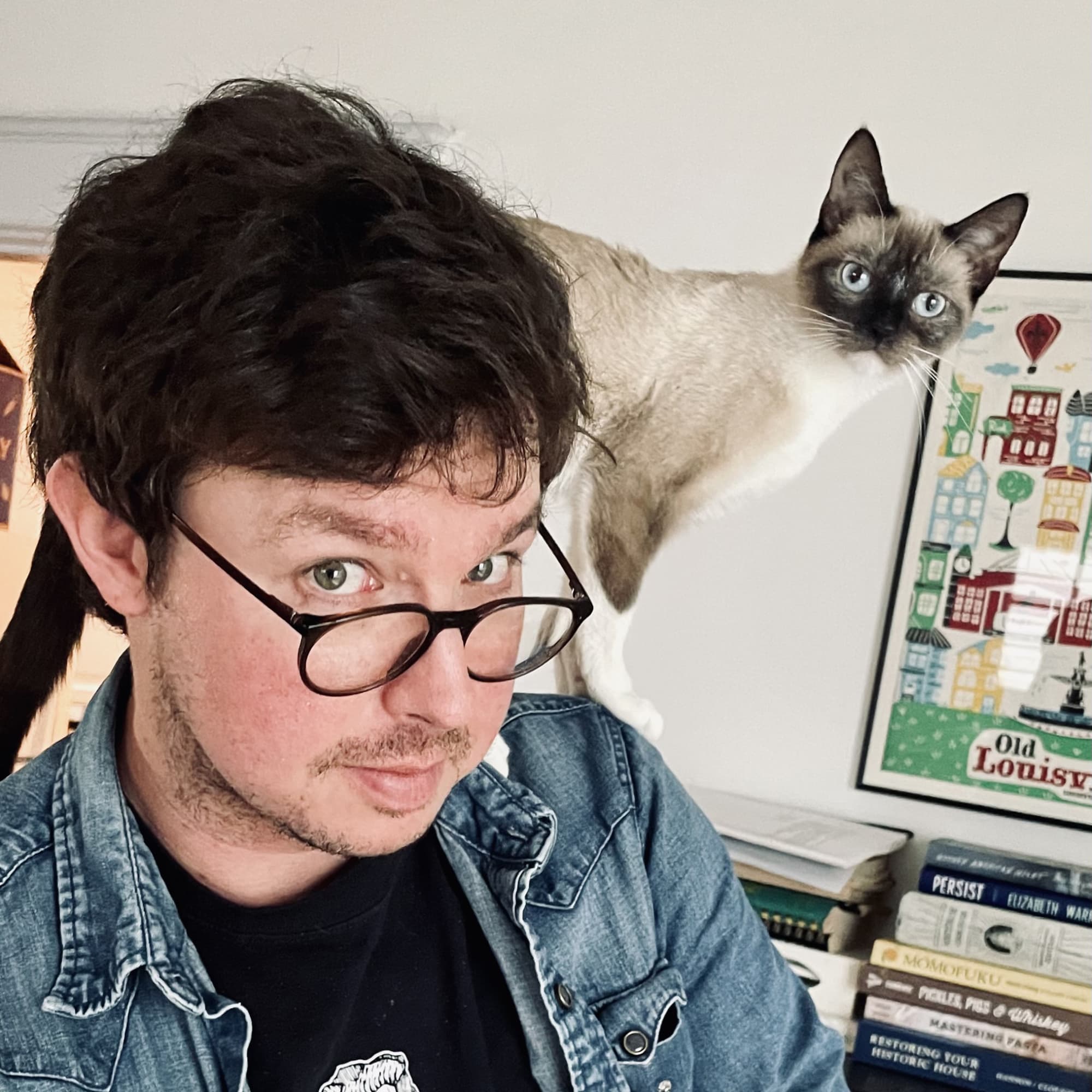Students Speak: How Nursing Helped Me Discover My Purpose
When I wore that “old fashioned for the year 2002” nursing school uniform for the last time, I promised myself I wouldn’t set foot in another classroom. I am glad I decided differently.
I remember the day of my nursing school pinning ceremony. My uniform, a knee-length cotton dress, was hanging in my cluttered dorm room closet. It was snow white and perfectly pressed, like a soldier standing at attention and respectfully welcoming me to wear it proudly, just one more time.
In a box somewhere I still have the school patch I had nervously and carefully sewn on the shoulder — a bright red and gold beacon that clearly told all I was learning the craft. I marvel that I managed to keep the white uniform stain free as I remember the faces of those I cared for throughout my long and rigorous nursing school journey.
Twenty years later, I can still see their faces among the many I have cared for since. Some suffering and grimacing in pain until I provided relief with medication, a warm blanket, or a listening ear. Other faces filled with strength and hope despite receiving a difficult diagnosis.
They touched me. There were faces that rejoiced at the birth of a child or the remission of cancer. I rejoiced with them.
Most heartbreaking and awe-inspiring were faces of family members grieving the sudden loss of their loved one. Many of them said “yes” when presented with the opportunity to save the lives of complete strangers through organ donation.
The faces I remember most, however, are the ones who were fighting an internal battle. The kind of battle in the mind that wouldn’t show up on an X-ray or blood test. Some of those faces were patients, and far too many of them were nurses.
It wasn’t until a few years after graduating from nursing school that I determined whether I chose nursing or nursing chose me. A third-generation nurse, I followed in the footsteps of my grandmother (a pediatric nurse) and my mother (a labor and delivery nurse). Determined to chart my own path, I fell in love with the excitement of working in the emergency department.
After about 10 years in the ER — with some brief interludes in other specialty areas, such as interventional radiology and the post-anesthesia care unit — I found myself drawn to the life-saving mission of organ, eye, and tissue donation.
During my time working for an organ procurement organization, I discovered hidden talents, such as analytical and strategic thinking, relationship building, teaching, and leadership. Finding myself in a senior-level leadership role also helped me realize that it was time to go back to school.
Achieving my MSN/MHA degree was the next step in the long climb I saw before me to the highest ranks of administration. But graduate school was exciting. I was actively learning things I could apply to my job at that very moment. Change management, servant leadership, and business planning were just a few of the skills I bolstered.
The thing I adored most about being a leader was the opportunity to help advance the skills of others and provide opportunities for their success. I loved the moments where I could gently nudge someone in the direction of discovering how their own strengths could help achieve something amazing.
It was this passion that prompted me to seek further training specific to coaching and mentoring. I did not realize learning how to better coach others would be a significant moment in my own journey. The training I chose not only focused on how to listen deeply, reframe situations, and identify the strengths of others, it also challenged me to slow down and look inward.
For the first time in my nursing career, I was asked to determine exactly why I was a nurse.
For the first time in my nursing career, I was asked to determine exactly why I was a nurse.
Based on a thoughtful analysis of my own values and strengths, I determined my purpose as a nurse is to listen and connect, identifying strengths and deciphering patterns of thoughts and emotion so that others can realize their full potential and achieve a healthy and balanced life, living in alignment with their unique values.
As soon as it became crystal clear to me why I was a nurse, the world changed. I could just say my world changed, but my world changed at the same time the entire world changed. In December 2019, I had my third child. A beautiful blessing of a baby boy.
The birth of a child is life-changing, but the birth of a child followed soon after by a historic pandemic was like a well-written twist at the end of what I thought was a predictable movie. After a mask-filled maternity leave, I realized that my own path needed to change. So, in the middle of a pandemic when life was at its most uncertain, I resigned from my leadership role.
Using business knowledge — gained from my master’s program, leadership experience, and training as a coach — I started a coaching business. I also secured a role as an assistant professor of nursing at a local university.
Both jobs have allowed me the ability to connect with and coach others while also maintaining the flexibility to be physically present for my family and my little one during this time. My students have benefited from my focus on maintaining resilience and preventing burnout in the profession of nursing, and I have started some research in this direction.
While I believe in helping others reach their full potential, I also hold myself to that standard. Through coaching others, particularly nurses, I realized that my scope was limited. In addition to nurses experiencing burnout, which is bad enough, they also deal with post-traumatic stress, depression, anxiety, and more.
Coaching is goal-oriented, self-reflective, and healthy-habit forming. While all of these things are positive, I feel that more tools are required to truly address the state of mental health among nurses and other healthcare professionals. That is why I chose nursing school once again.
I decided to pursue another credential on top of my master’s degrees by adding a nurse practitioner certificate that is specific to mental health. It will be another year until I complete my certificate and pass my state board exam.
With the dawn of hybrid learning, the didactic portion of school has been more manageable. I have some choice and control over my clinical placements as well, and I’ve sought out opportunities to learn and train with organizations I admire.
What will I do when I complete the program? Aside from adding psychiatric mental health nurse practitioner (PMHNP) after my name, a part of my plan remains teaching at the university level. Eventually, I will help others along their own educational path to becoming a PMHNP. My primary vision, however, is to become a nurse for nurses.
I plan to innovate ways to support those whose mental health is suffering in the profession and develop methods for preventing burnout, PTSD, and caregiver fatigue, including industry-wide structural, process, and/or environmental changes. I see a marriage of my business- and leadership-focused degrees with my ability to help effectively treat mental health.
As far as the specifics, you will have to wait and see. I can promise I will be living out my purpose as a nurse!

Explore More College Resources

Going Back to School to Become a Registered Nurse
Want to change careers? See how becoming a registered nurse offers a relatively quick option for professionals to jumpstart a new, fulfilling career.

by James Mielke
Updated April 2, 2024



